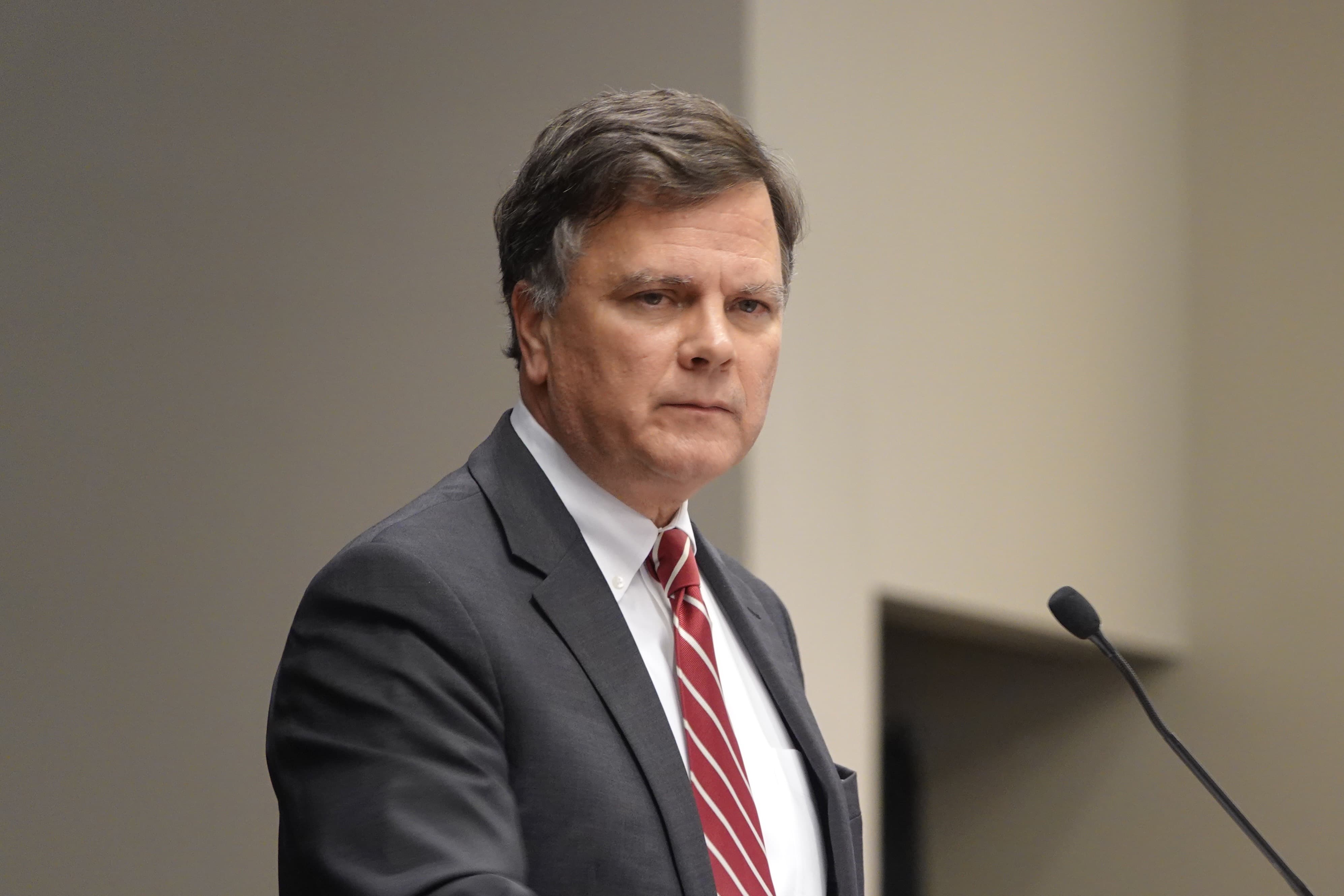In 2023, lawmakers passed legislation exempting overtime wages from taxes.
House Bill 217 (HB 217), led by House Minority Leader Anthony Daniels (D-Huntsville), removed the state income tax obligation for a full-time, hourly wage employee for work performed above 40 hours a week.
However, according to State Sen. Arthur Orr (R-Decatur), lawmakers at the time did not have concrete data on the impact the tax cut would have on state coffers.
Orr, who chairs the education trust fund budget committee in the Alabama Senate, told listeners to Thursday's broadcast of Mobile radio FM Talk 106.5's "The Jeff Poor Show" that the amount significantly exceeded the initial $38 million estimate.
"[T]he initial estimate — and we were told, the legislature was told by the fiscal office, we don't have reliable data upon which to make a decision or give an accurate fiscal note on the cost of exempting overtime pay from income taxes," he said. "We just don't have it. We'll take our best guess, and their best guess was $38 million for a year. That has now come in well over $200 million. And so we are way off the mark."
The Morgan County lawmaker called for a cap going forward on the tax exemption and warned of potential consequences.
"I tried to cap it in the Senate," Orr explained. "In fact, the Senate did that — cap the bill, put a sunset on it. And there are others that decided to take the cap away and that was not the safe thing to do. So, we basically let the genie out of the bottle. And you know, it's going to cost us considerably more than it was originally estimated. So, I don't blame the fiscal office at all. We should have had the cap on there and that was removed because we didn't have reliable information."
He continued, "But where do we go from here? You know if we do this again, I think we need a cap. ... I like the idea, the concept, Jeff — to take away the income taxes on the overtime pay. I have no fault with that, but it's just the impact, unknown impact, that it wound up having on the budgets. I think if we go forward, we also have to remember the second penny on the grocery tax is going to drop in the next year or two. When we hit 3.5% revenue growth year over year, that second penny is going away and that'll be another $100-plus million hit to the budget. Again, not a bad thing. It's just when you people come wanting teacher pay raises and new high school buildings and Demopolis schools and things like that, you know, it makes it challenging to fund obligations that we have out there when we're cutting revenue on the backside."
Jeff Poor is the editor in chief of 1819 News and host of "The Jeff Poor Show," heard Monday-Friday, 9 a.m.-noon on Mobile's FM Talk 106.5. To connect or comment, email jeff.poor@1819News.com or follow him on Twitter @jeff_poor.
Don't miss out! Subscribe to our newsletter and get our top stories every weekday morning.










